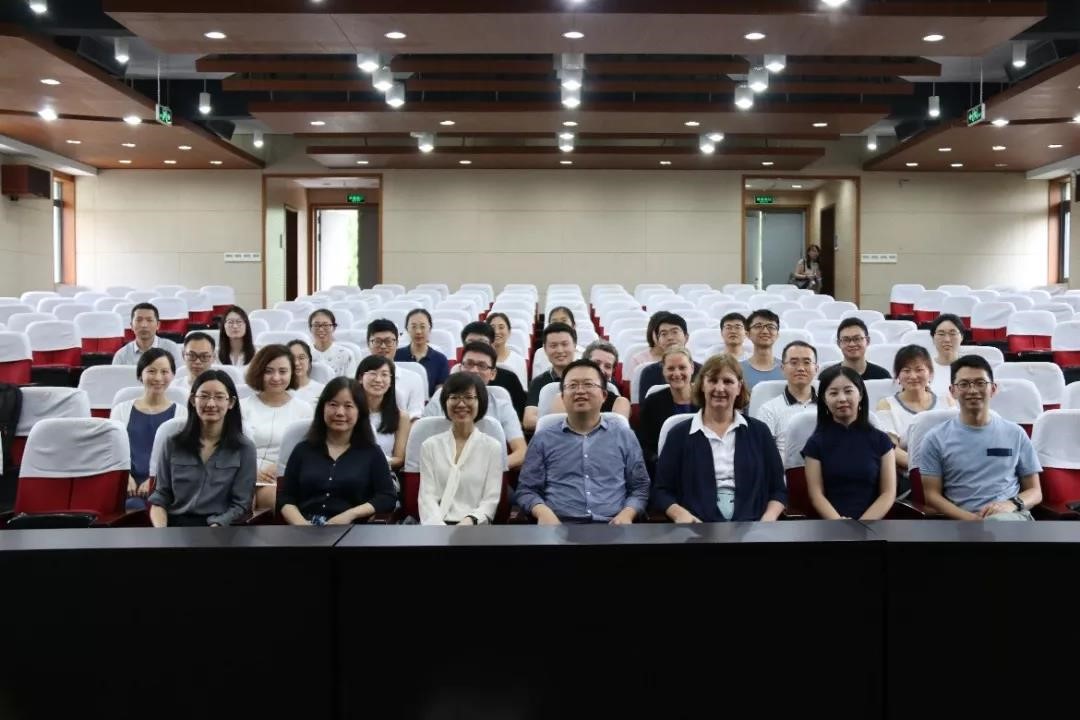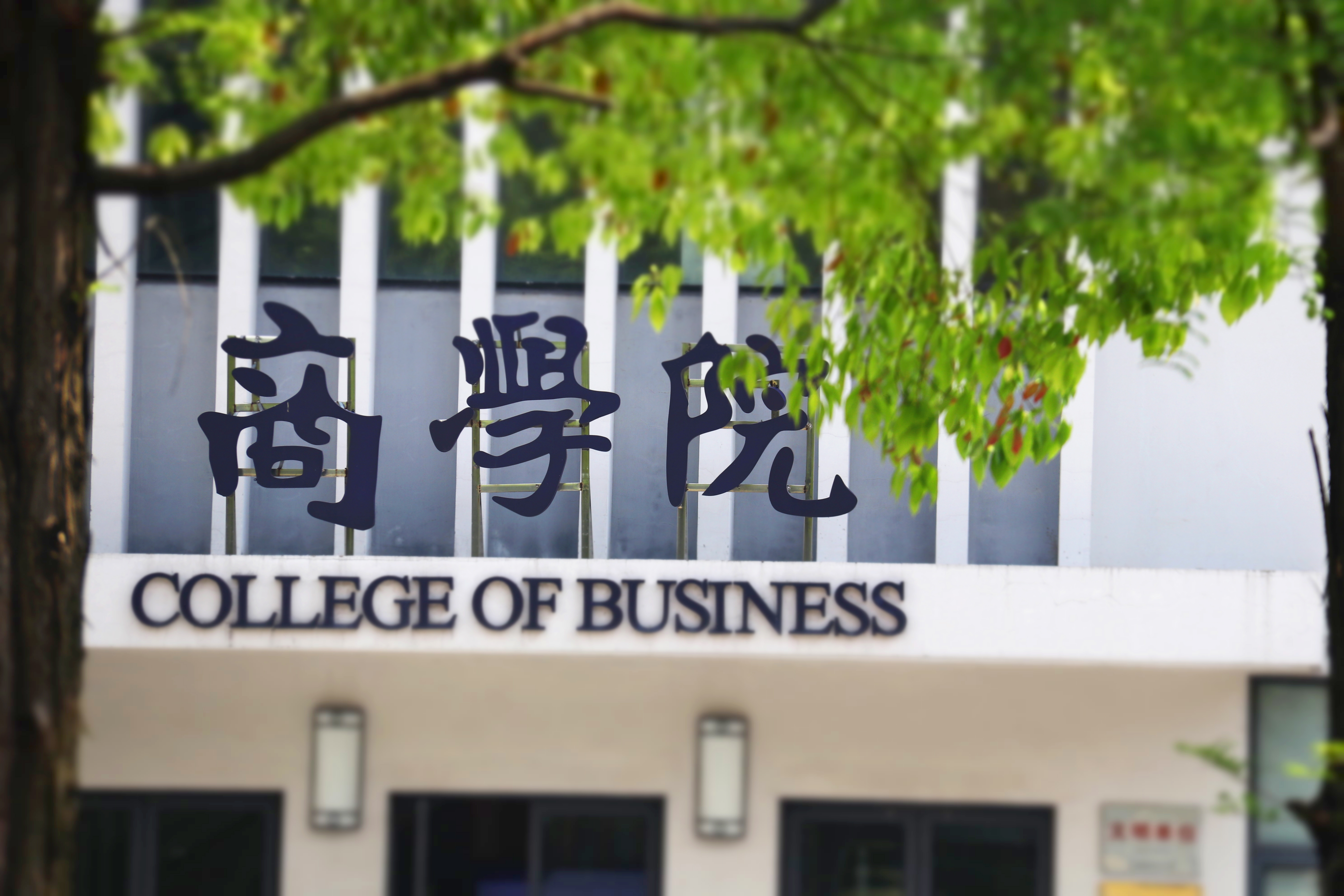On June 28-29, COB Forum & 2019 COB International Seminar on Organizational Behavior, hosted by the Department of Human Resources Management, College of Business of Shanghai University of Finance and Economics was successfully held in the lecture hall on the second floor of the college. Professor Sharon Parker from Curtin University served as the chairman of the seminar. Experts and scholars from famous universities at home and abroad were invited to give speeches and discussions on Work Design, focusing on how managers design better work and how employees actively reshape their work. The forum attracted the attention of experts and scholars from all walks of life. More than 120 representatives of teachers and students from universities around the world attended the seminar. Professor Zhijun Chen, Dean of the Department of Human Resources Management, College of Business, presided over the opening ceremony.
Hang Wei, the Executive Deputy Dean of College of Business of Shanghai University of Finance and Economics delivered a speech first. Dean Wei expressed his thanks and welcome to all the scholars and introduced the international breakthrough made by College of Business in academic field in recent years. He also emphasized the importance of organizational behavior in enterprise development and wished the forum a success.
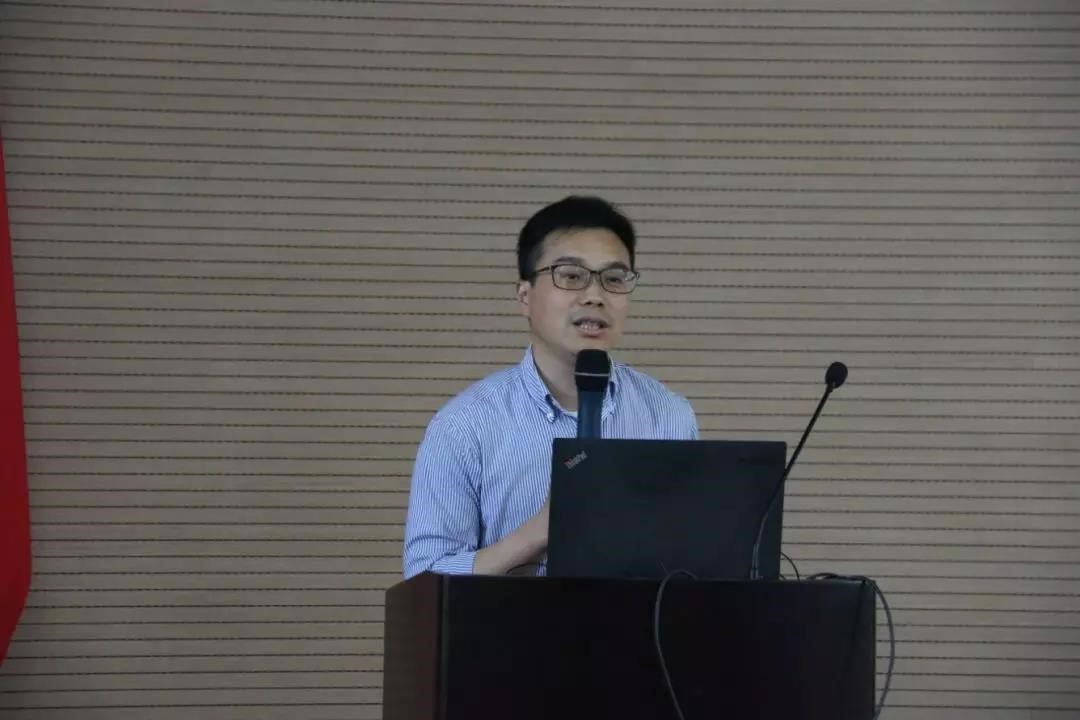
Sharon Parker, from Curtin University, chaired the seminar. Mark Griffin of Curtin University, Maria Tims of Vrije University Amsterdam, Irene De Pater of National University of Singapore, Professor Zhijun Chen of Shanghai University of Finance and Economics, Professor Jian Liang of Tongji University and Associate Professor Haijiang Wang of Huazhong University of Science and Technology worked as speakers of this seminar and respectively made special reports on different themes of work design, sharing their latest research results with participating teachers and students.
Among them, Professor Sharon Parker took Poor Work Design Begets Poor Work Design as the theme and pointed out that good work design can delay the decline of individual intelligence and improve life satisfaction.

Mark Griffin gave a speech named The Future Is Autonomy and pointed out that the future work should give employees enough work autonomy. At the same time, Mark Griffin also reflected on the impact of automation (such as analysis technology, AI, etc.) brought by technology on employees’ work autonomy.
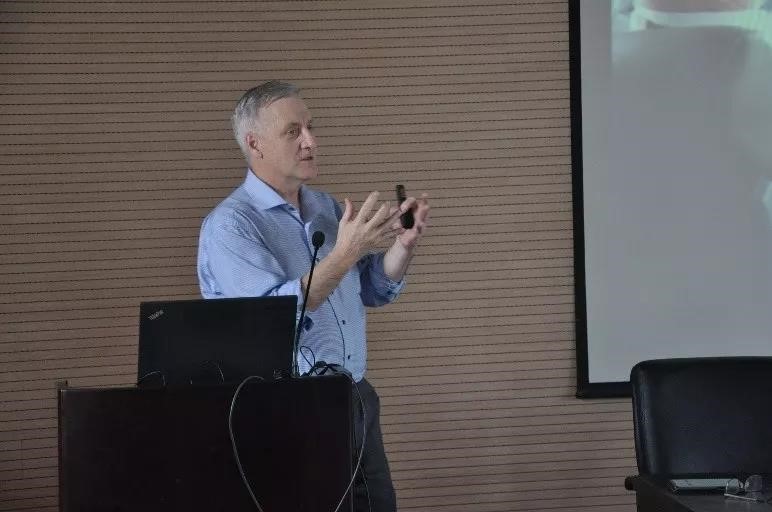
Jian Liang, the professor from Tongji University, looked at how employees respond to their colleagues’ good ideas from a third-party perspective.
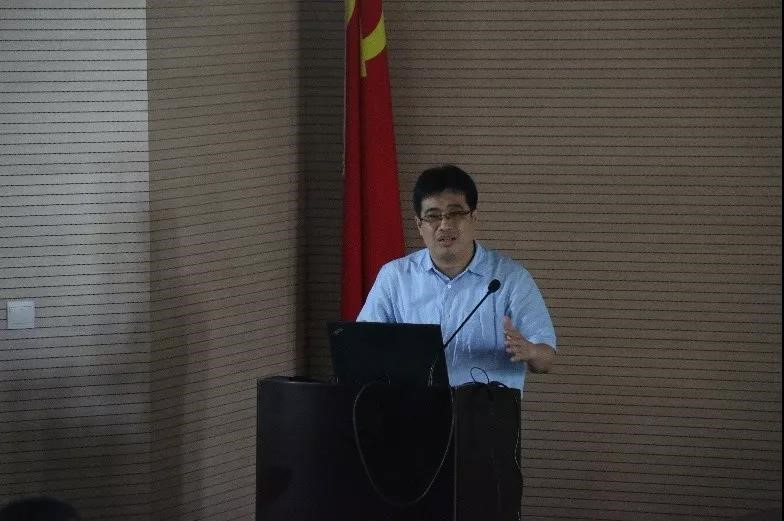
Zhijun Chen, the professor from Shanghai University of Finance and Economics, shared his latest research which pointed out that engaging in more creative work can affect employees' perception of their roles, thus increasing job satisfaction.
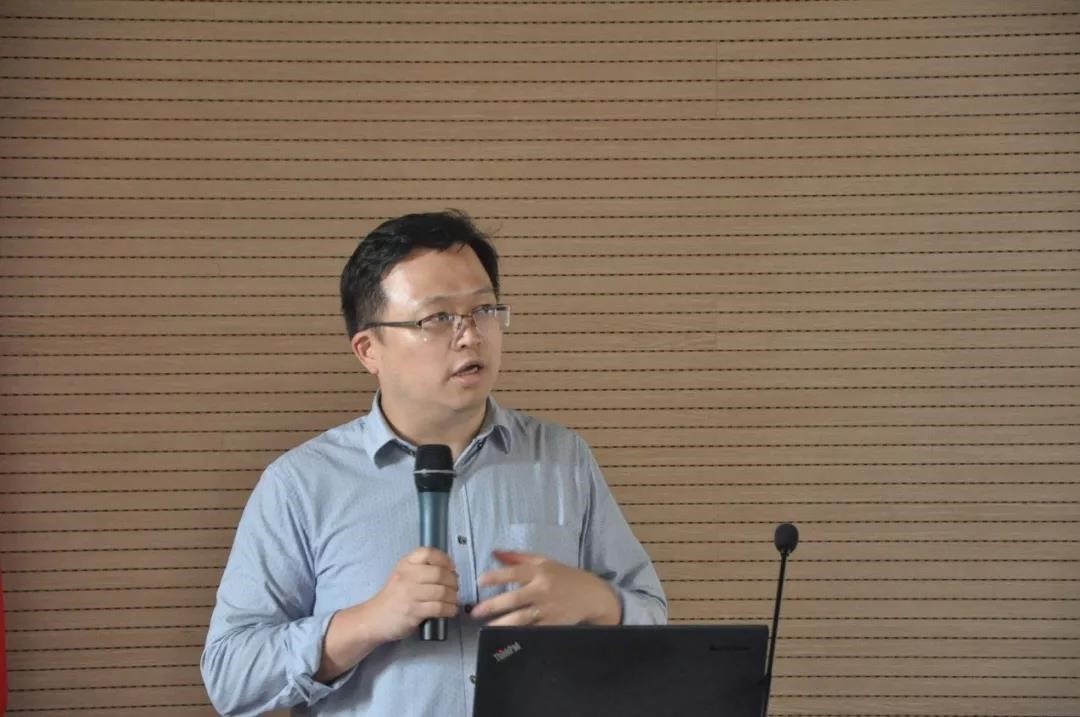
Haijiang Wang, the associate professor at Huazhong University of Science and Technology, focuses on job remodeling for new employees. There are nearly 8 million university graduates in China every year. His research shows that new employees who reshape their jobs will get more creativity and better relationship with leaders.
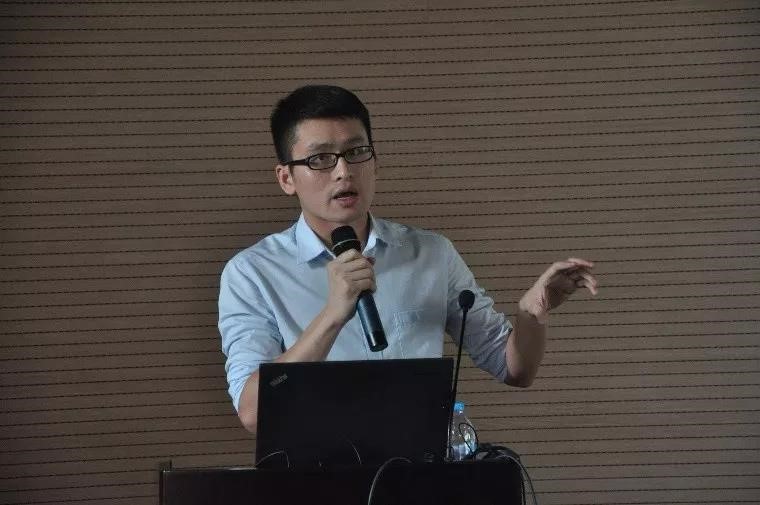
Irene De Pater, from the National University of Singapore, reported on the latest research on job challenges and explored gender differences in the face of different job challenges.
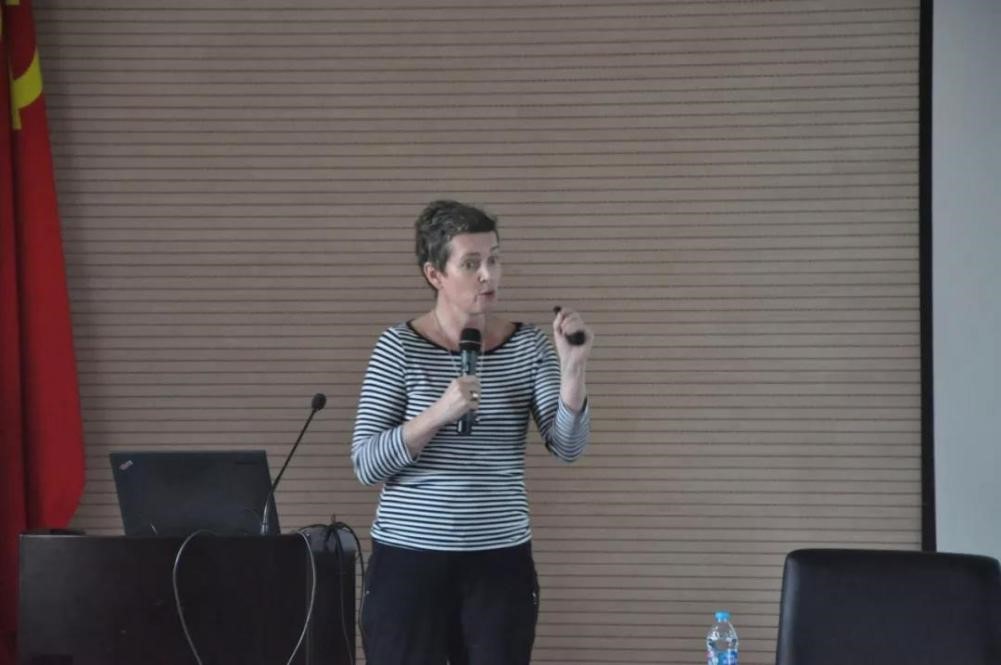
On the second day of the seminar, Maria Tims from Vrije University Amsterdam shared the latest research on work design.
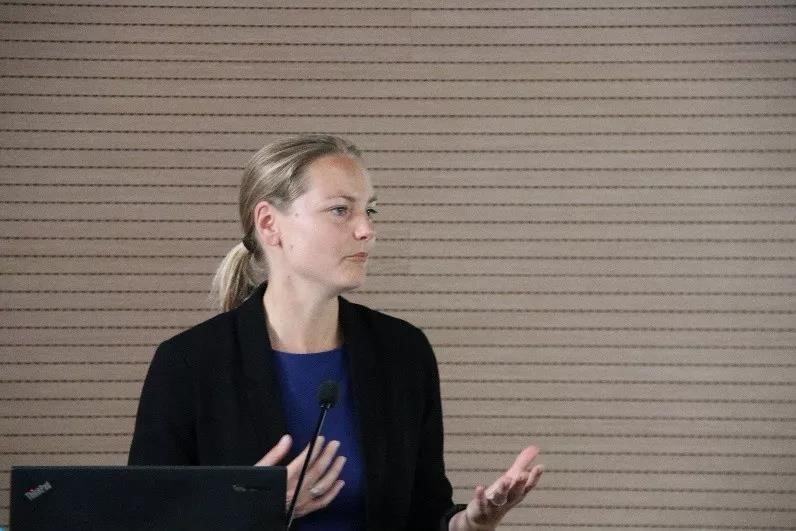
Then, in the Paper Development Workshop session of this seminar, the participating teachers and students were randomly divided into eight groups. Sharon Parker, Maria Tims, Irene De Pater and Haijiang Wang were the four guests to guide the model development of work design.
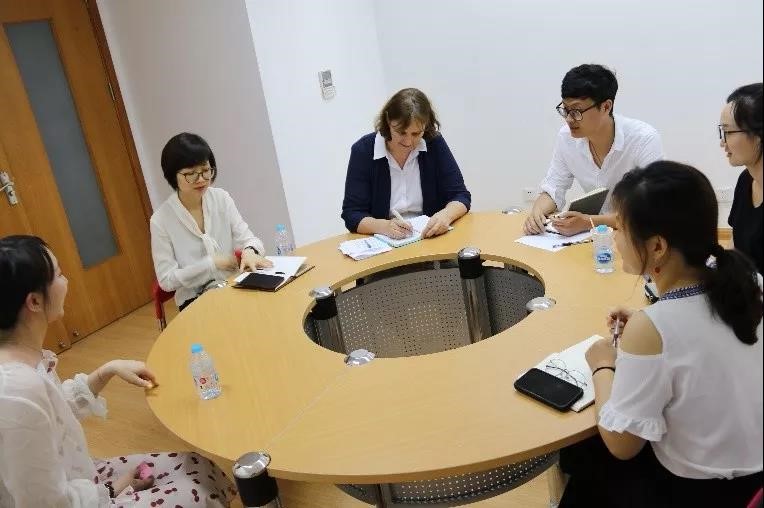
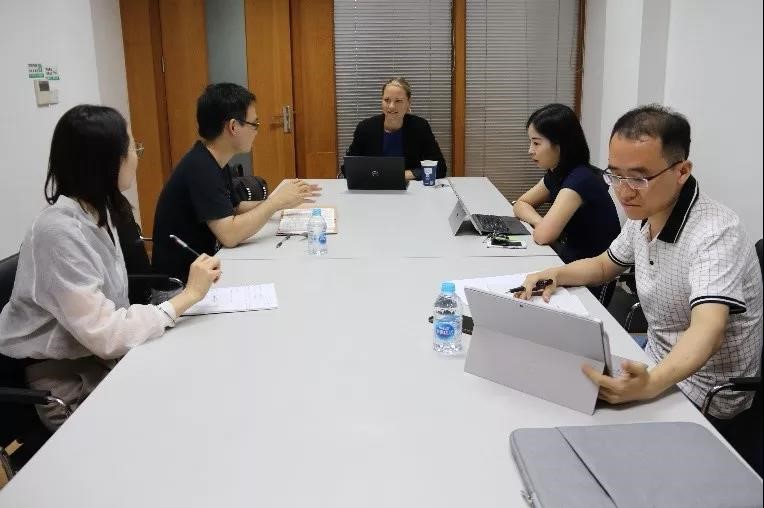
After a one-hour brainstorming session, Ying Xia from Nanjing University, Shuhui Xu from Shanghai University, Shenghui Wang from Tongji University, Yiming Dai from Beijing Normal University and Feifan Yang, Haixiao Chen, Siyu Tian an Yating Wang from Shanghai University of Finance and Economics reported their models on behalf of the teams. The atmosphere was lively.
